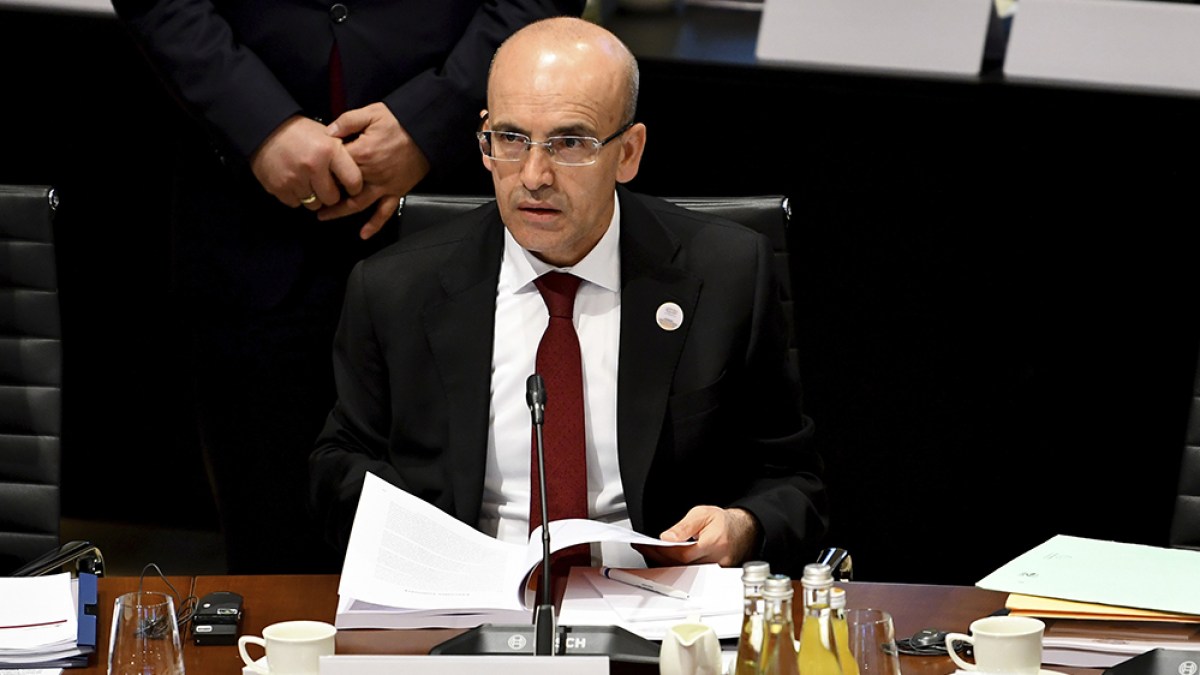Ashcroft Refuses To Release Memo On Torture
The memo, released by the Washington Post Tuesday, June 8, carried an advise from the Justice Department to the CIA, that torturing detainees outside the U.S. "may be justified", and that anti-torture international laws "may be unconstitutional" in interrogations related to the so-called "war on terror".
The document trigged uproar in the Senate, as Ashcroft came under fire during a scheduled oversight hearing on a day that brought news of the memo, said the Post in the Wednesday edition.
Ashcroft’s hard-line approach to the war on terrorism has drawn criticism from civil libertarians, said the Post.
This time, he said under questioning that he could not discuss whether the president issued any orders on the interrogation of detainees.
He insisted that he would not discuss the contents of the Justice and Pentagon memos, and would not turn over the Justice memo to the committee.
"I am refusing to disclose these memos because I believe it is essential to the operation of the executive branch that the president have the opportunity to get information from the attorney general that is confidential," he said.
The legal reasoning in the 2002 memo, which covered treatment of Al-Qaeda suspects, was later used in a March 2003 report by Pentagon lawyers assessing interrogation rules governing the Defense Department’s detention center at Guantanamo Bay, Cuba.
The Pentagon memo said "in order to respect the President’s inherent constitutional authority to manage a military campaign . . . [the prohibition against torture] must be construed as inapplicable to interrogations undertaken pursuant to his Commander-in-Chief authority."
Contempt
Ashcroft’s refusal drew angry responses from the senators, some of whom warned Ashcroft that his refusal might place him in contempt of Congress.
senators say Justice Department memos could have laid the legal groundwork for the prisoner abuses that took place in Iraq and elsewhere.
"Mr. Attorney General, with all due respect, your personal belief is not a law," said Senator Richard Durbin of Illinois .
"You are not citing a law. You are not claiming executive privilege. Frankly, that is what contempt of Congress is all about. You have to give us a specific legal authority which gives you the right to say ‘no’, or the president has to claim privilege. You have done neither."
Senator Ted Kennedy, a Massachusetts Democrat, sought to link the memoranda with the abuses of Iraqi detainees by U.S. soldiers at the Abu Ghraib prison.
"We know when we have these kinds of orders what happens. We get the stress test. We get the use of dogs. We get the use of force, nakedness, that we have all seen. We get the hooded," Kennedy was quoted by Voice of America website as saying.
"This is what directly results when you have that kind of memoranda out there."
"If such a memo existed, would that — is that good law? . . . Do you think that torture might be justified?" Joseph Biden demanded.
Another Senator, Patrick Leahy, angry that Ashcroft had not been before the panel in 15 months, released a fusillade of criticism about his handling of the war on terrorism.
Things Left
Meanwhile, Human rights groups had also expressed outrage over the Justice Department’s legal reasoning.
"We now know that at the highest levels of the Pentagon there was a shocking interest in using torture and a misguided attempt to evade the criminal consequences of doing so," Kenneth Roth, executive director of Human Rights Watch, said on the organization’s website.
"If anyone still thinks the abuses at Abu Ghraib were only dreamed up by a handful of privates and sergeants, this memo should put that myth to rest," Roth added.
He said that senior administration officials "tried to drape a thin veneer of legality over abuse that has been unconditionally prohibited, even during war, throughout modern times".
"If this legal advice were accepted, dictators worldwide would be handed a ready-made excuse to ignore one of the most basic prohibitions of international human rights law."
The New York Times published a report on Wednesday showing that stripping Iraqi detainees was a general not isolated practice. The paper splashed out photos of American soldiers – not investigators – pushing naked detainees into a prison yard.
The Pentagon had earlier fired a team of uniformed military lawyers hired to defend the detainees, after protesting the unfair measures taken against their clients in Guantanamo .
The memos revelation came few days after Amnesty International said Washington’s so-called war on terror and its invasion of Iraq have led to the worst human rights abuses in 50 years.
A U.S. soldier making her presence in most of the Iraqi abuse photos said she was "instructed" by her commanders to pose for photographs with naked Iraqi detainees.
The American New Yorker magazine dropped a bombshell Sunday, May 16, saying the torture was okayed by Rumsfeld.



